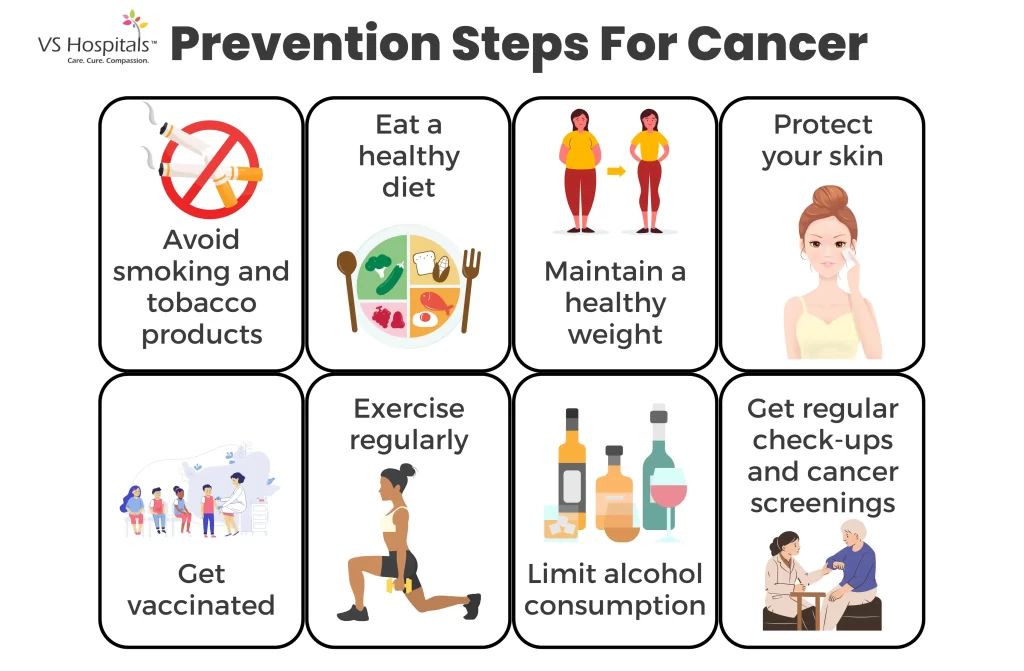
Irregular periods, or menstrual cycles that differ in length each month, can be a cause of concern for many women. While it is normal for periods to vary slightly from month to month, persistent irregularities may indicate an underlying issue that needs to be addressed. In this article, we will discuss some of the most common causes of irregular periods and what you can do about them.
1. Hormonal Imbalance
Hormonal imbalance is one of the most common causes of irregular periods. This can be due to a variety of factors, such as stress, excessive exercise, thyroid disorders, polycystic ovary syndrome (PCOS), or even certain medications. When hormones like estrogen and progesterone are not at the right levels, it can disrupt the normal menstrual cycle, leading to irregular periods.
2. Stress
Stress can have a significant impact on your menstrual cycle. When you are under stress, your body produces higher levels of cortisol, a hormone that can interfere with the production of other hormones needed for a regular menstrual cycle. Finding ways to manage stress, such as through relaxation techniques or exercise, can help regulate your periods.
3. Poor Diet and Nutrition
Your diet plays a crucial role in regulating your menstrual cycle. A diet that is low in essential nutrients, such as iron and vitamin D, can disrupt hormone levels and lead to irregular periods. Eating a balanced diet that includes plenty of fruits, vegetables, whole grains, and lean proteins can help support a healthy menstrual cycle.
4. Excessive Exercise
While regular exercise is essential for overall health, excessive exercise can have a negative impact on your menstrual cycle. Intense workouts can put stress on your body, causing hormonal imbalances that can lead to irregular periods. Finding a balance between staying active and allowing your body to rest and recover is key to maintaining a regular menstrual cycle.
5. Polycystic Ovary Syndrome (PCOS)
PCOS is a common hormonal disorder that affects women of reproductive age. It is characterized by cysts on the ovaries, high levels of male hormones, and irregular periods. Women with PCOS may also experience other symptoms, such as acne, weight gain, and infertility. Treatment for PCOS typically involves medication to regulate hormones and manage symptoms.
6. Thyroid Disorders
The thyroid gland plays a vital role in regulating metabolism and hormone levels in the body. When the thyroid is underactive (hypothyroidism) or overactive (hyperthyroidism), it can disrupt the normal functioning of the menstrual cycle, leading to irregular periods. Testing thyroid function and receiving appropriate treatment can help restore hormonal balance.
7. Medications
Some medications, such as certain types of birth control, antipsychotics, or anticoagulants, can affect hormone levels and cause irregular periods. If you notice changes in your menstrual cycle after starting a new medication, speak to your healthcare provider about alternative options or ways to manage side effects.
8. Perimenopause
Perimenopause is the transition phase before menopause when a woman’s ovaries gradually produce less estrogen. This hormonal shift can cause irregular periods, as well as other symptoms like hot flashes, mood swings, and sleep disturbances. While perimenopause is a natural part of aging, discussing treatment options with your healthcare provider can help alleviate symptoms and manage irregular periods.
Conclusion
Irregular periods can be a sign of an underlying health issue that needs to be addressed. By understanding the common causes of irregular periods and taking steps to improve your overall health and well-being, you can support a healthy menstrual cycle. If you are experiencing persistent irregularities in your periods, it is essential to consult with a healthcare provider for a proper diagnosis and treatment plan.

